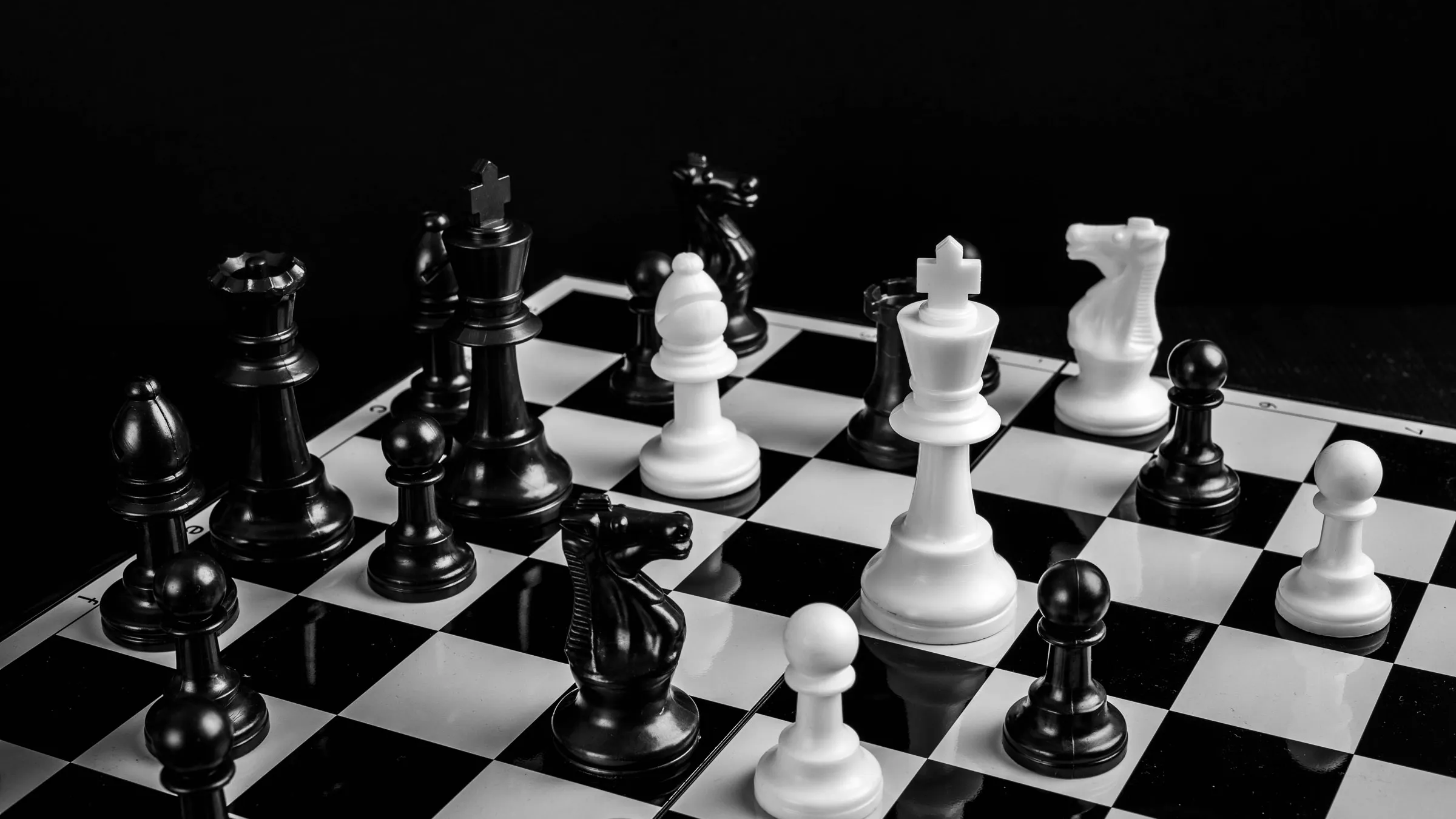Chess is a game of strategy and intellect that has fascinated people for centuries. Whether you’re a beginner looking to improve your skills or an intermediate player seeking to enhance your understanding of the game, these top 10 chess tips and tricks will provide valuable insights to help you become a more formidable chess player. From opening strategies to tactical maneuvers and endgame techniques, we’ll explore a comprehensive range of advice to elevate your chess game.
1. Master the Basics: Understanding the Chessboard and Pieces
Before diving into advanced strategies, ensure you have a solid grasp of the fundamentals. Familiarize yourself with the chessboard’s layout, including the alternating light and dark squares. Understand each piece’s movement capabilities:
- Pawns move forward one square and capture diagonally.
- Knights move in an L-shape, two squares in one direction and one square perpendicular.
- Bishops move diagonally.
- Rooks move vertically or horizontally.
- Queens combine the movements of bishops and rooks.
- Kings can move one square in any direction.
2. Control the Center of the Board
Controlling the center is a fundamental chess strategy. The central squares (d4, d5, e4, and e5) are strategically vital because they grant your pieces greater mobility. A strong central presence provides room for your pieces to move and allows you to exert more influence over the board. Your opening moves should aim to establish control over these key squares.
3. Develop Your Pieces Efficiently
A common mistake among beginners is moving the same piece multiple times in the opening or neglecting piece development altogether. Instead, focus on getting your knights and bishops into play early, and prioritize connecting your rooks by moving your central pawns. Efficient piece development will lead to a more harmonious and powerful position.
4. Learn Key Opening Principles
Understanding opening principles is essential for building a strong foundation in chess. Some key principles include:
- Controlling the center.
- Developing your pieces.
- Safeguarding your king (usually by castling).
- Ensuring pawn structure stability.
By following these principles, you can navigate the opening phase of the game with confidence and lay the groundwork for a successful middle game.
5. Practice Tactical Awareness
Tactics play a crucial role in chess. Being able to spot tactical opportunities and threats is a skill that can significantly impact the outcome of your games. Familiarize yourself with common tactical motifs, such as forks, pins, skewers, and discovered attacks. Solving tactical puzzles and regularly practicing tactics will help sharpen your tactical awareness.
6. Plan Ahead with a Clear Strategy
In the middle game, it’s essential to formulate a clear strategy based on the position’s characteristics. Consider factors like pawn structure, piece activity, and the strengths and weaknesses of both your position and your opponent’s. Decide whether to launch an attack, fortify your position, or make exchanges. Developing a coherent plan will guide your moves and decisions.
7. Think Multiple Moves Ahead: Calculate Variations
One of the hallmarks of a strong chess player is the ability to calculate variations multiple moves ahead. As you evaluate different move sequences, consider your opponent’s possible responses and your subsequent moves. Calculate threats and tactical opportunities, and visualize the board’s position after a series of moves. The more accurately you can do this, the stronger your play will become.
8. Endgame Mastery
While the opening and middle game receive a lot of attention, the endgame is equally critical. Study essential endgame concepts such as king and pawn endings, opposition, and the technique of converting material advantage into a win. Understanding the endgame will allow you to confidently transition from the middle game to a favorable conclusion.
9. Controlled Time Management
Time management is crucial in chess, especially in rapid and blitz games. Allocate your time wisely and avoid spending too much of it on early moves. Reserve more time for critical positions and when calculating complex variations. Consistently maintaining control over your time will help you avoid time pressure and make better decisions.
10. Learn from Your Games and Seek Feedback
Reviewing your games, whether you win or lose, is a valuable learning tool. Identify critical moments where you could have played better moves or made more accurate decisions. Additionally, seeking feedback from stronger players or utilizing chess engines can help you gain insights into your strengths and weaknesses. Continuous self-improvement is the key to becoming a better chess player.
Conclusion
Chess is a timeless game that combines strategy, critical thinking, and creativity. By mastering the top 10 chess tips and tricks outlined in this article, you can enhance your chess skills and enjoy a more rewarding experience on the chessboard. Remember that progress in chess takes time and practice, so be patient with yourself and keep honing your skills. Whether you’re an aspiring grandmaster or a casual player, these tips will undoubtedly help you become a more formidable and confident chess player.
